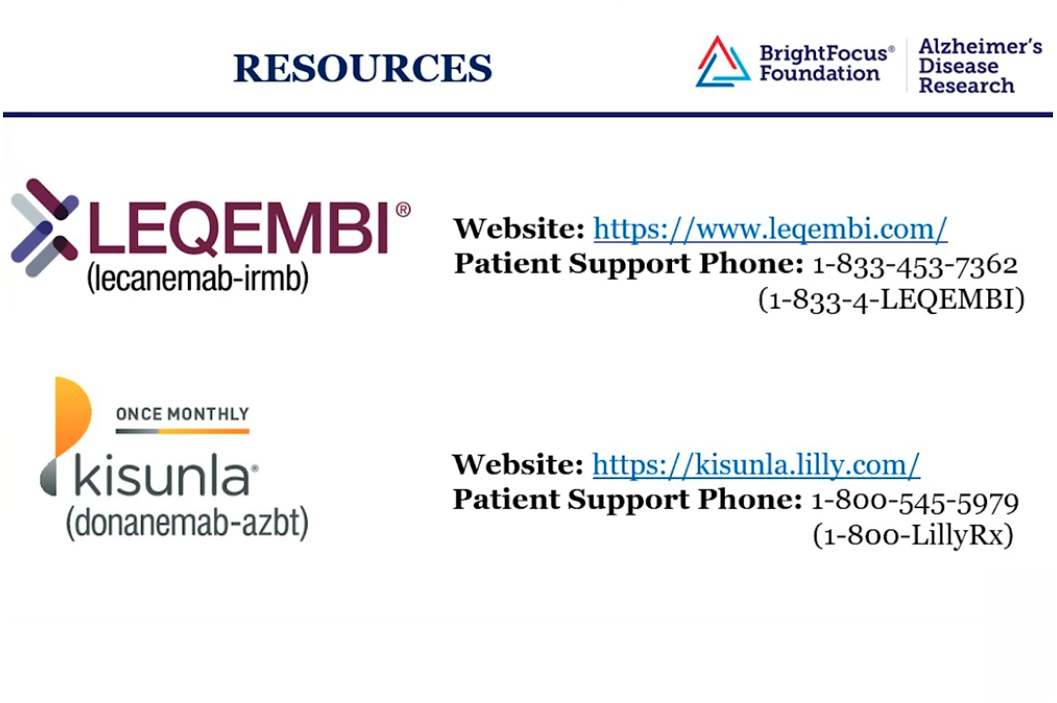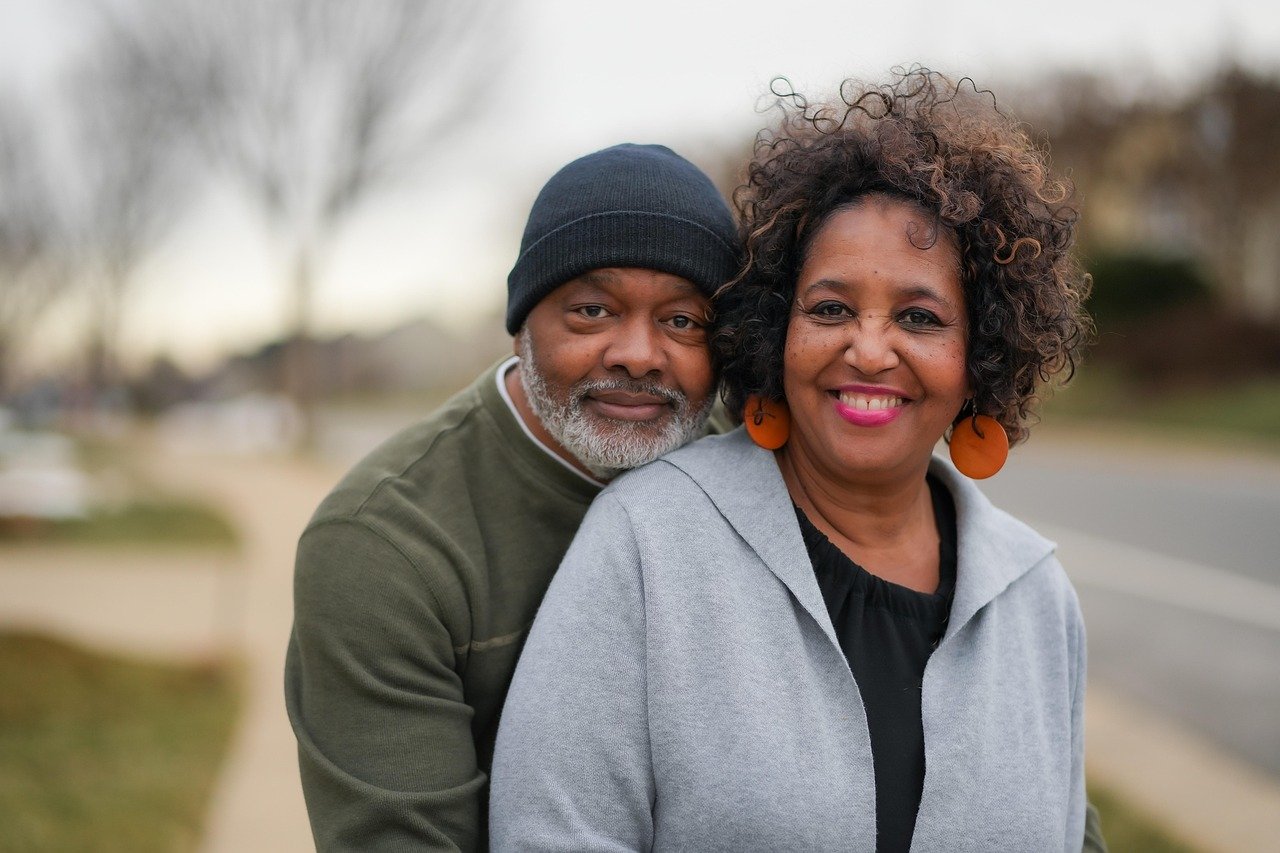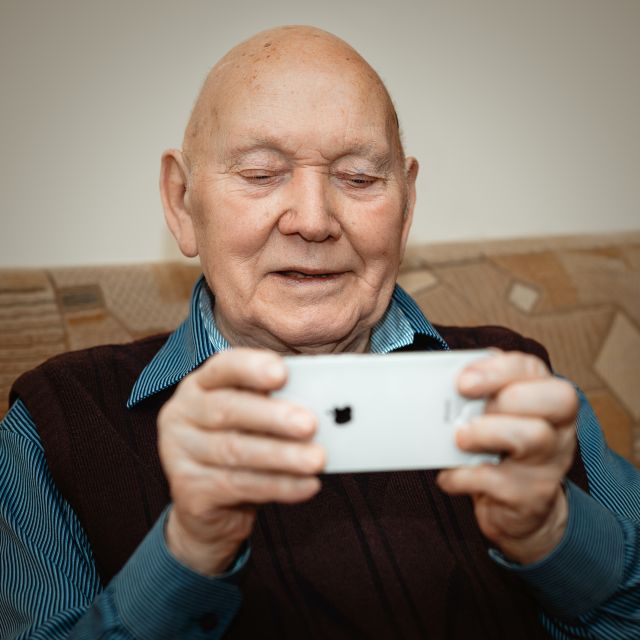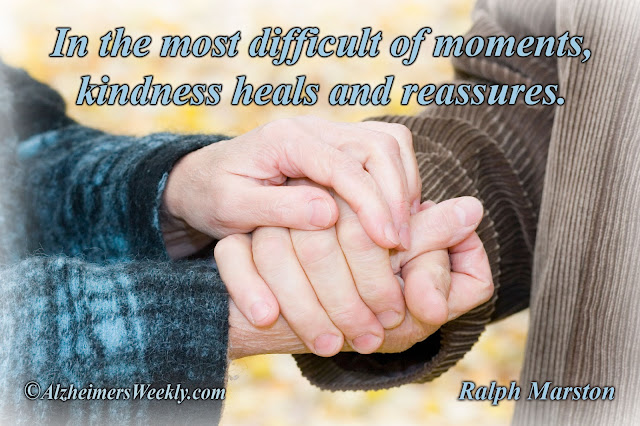
Exploring Lewy Body Dementia
VIDEO + ARTICLE: Lewy Body dementia is frequently mistaken for Alzheimer’s. That’s dangerous, as Lewy Body dementia requires different medications and unique caregiving techniques. Explore this common type of dementia.

VIDEO + ARTICLE: Lewy Body dementia is frequently mistaken for Alzheimer’s. That’s dangerous, as Lewy Body dementia requires different medications and unique caregiving techniques. Explore this common type of dementia.

DEMENTIA is a group of symptoms common to over 50 disorders. Alzheimer’s disease is the most common type of dementia. Learn about the 10 most common types of dementia.

The BrainSee Alzheimer’s Test represents a cost-lowering advancement in diagnostics. It offers a fully non-invasive, convenient, and globally accessible screening solution.

EXCELLENT GUIDE ON LEWY BODY DEMENTIA (LBD). Commonly misdiagnosed as Alzheimer’s or Parkinson’s, you can prevent devastating results by learning how to spot key differences.

PAY EXTRA ATTENTION to the care-partner’s health during Alzheimer’s.
With a quick inquiry, nurses and doctors can easily spot caregivers needing enhanced support. Find out how simple & essential this can be.

Watch this uniquely clear overview of the steps you can take to diagnose or prevent most types of dementia, including Alzheimer’s.

Senior brain health is topping national agendas around the world. Find out how screenings help enhance brain health for the 70+ crowd.

The Biosensor is as accurate as state-of-the-art testing methods and will allow testing at home. Next step: test saliva and urine samples.

Atherosclerotic plaque triggers vascular dementia. Ultrasound easily detects it and could cut rates in half. Learn how.

Amyloid Scans diagnose and treat Alzheimer’s, at a hefty price. 11 years after FDA approval, Medicare can finally help.

A research study finds when young healthy men had a full, uninterrupted night of rest, their blood levels showed a reduced level of tau, the biomarker for Alzheimer’s disease. The level was higher when they lost just one night of sleep. Learn more.

Higher midlife omega-3 levels were linked to lower early-onset dementia risk. It’s not proof — but it’s a meaningful signal worth paying attention to.

In a one-hour seminar, a leading neurologist answers the most important questions families ask about what these new therapies can realistically deliver — from effectiveness and safety to eligibility, infusion logistics, cost, and access.

A deep promise to be there for an Alzheimer’s parent, this heartwarming song was written as a tribute to families facing dementia.

EMERGENCIES due to falling happen 54% more often in dementia. As a rule, 1-in-3 adults over 65 fall each year. Most falls happen at home. Make a few simple changes and prevent falls.

Researchers find education and intellectual stimulation appear to activate a genetic program in the brain that promotes resistance to cognitive decline. Find out more.

SOCIALIZING in your 50s and 60s strongly predicts less dementia later on. Learn why, from new research by University College London. See Ohio State University demonstrate how true it is, from animals to people.
No spam, only news and updates.


